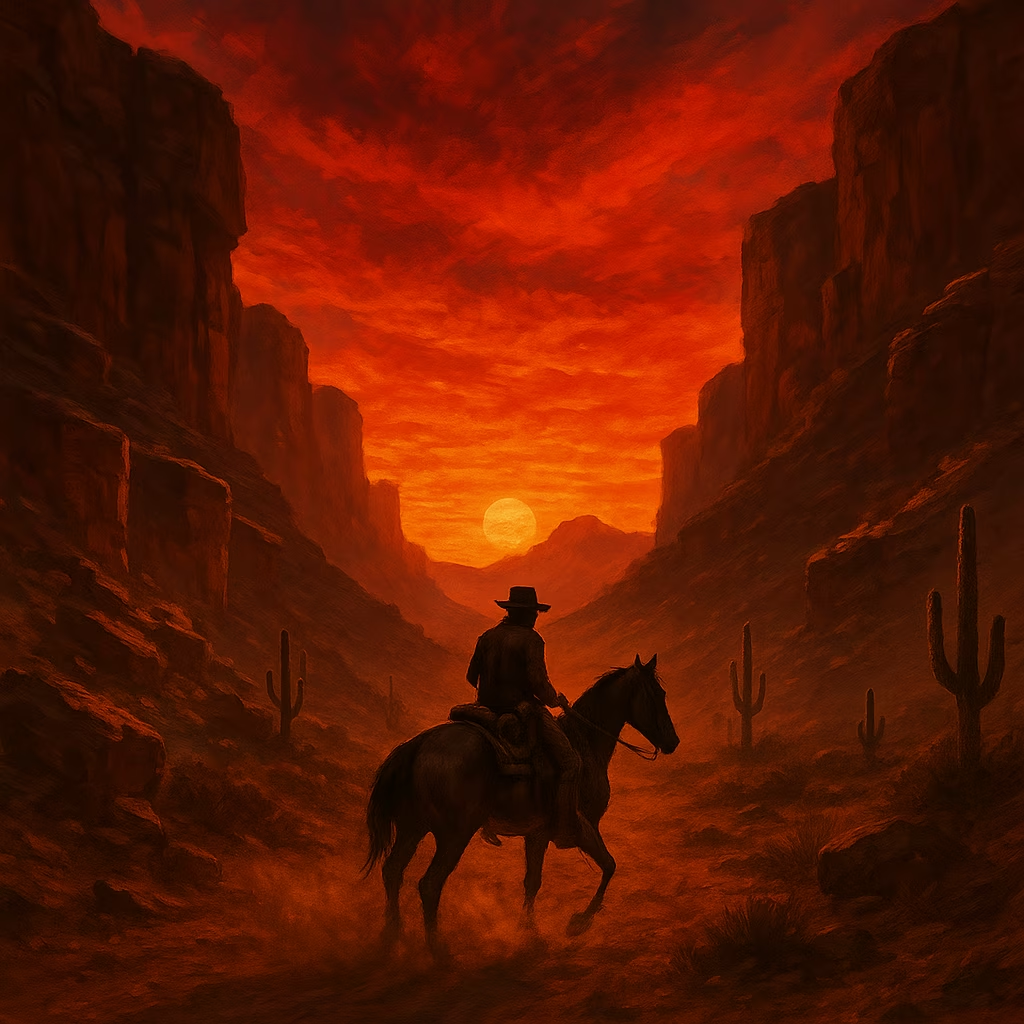As a lifelong gamer, I've always believed that music isn't just background noise—it's the soul of virtual worlds. When exploring vast digital landscapes, charismatic characters and stunning visuals draw me in, but it's the soundtrack that truly anchors me to these realms. Orchestral swells, haunting ambient tones, or even pirate shanties transform pixels into living, breathing universes where every footstep feels consequential. In open-world games especially, where freedom reigns supreme, a masterful score stitches together moments of solitude and chaos into an emotional tapestry. I recall nights spent wandering fictional terrains, where melodies didn't just accompany my journey—they became inseparable from my memories of triumph, loss, and discovery.
🎵 Assassin’s Creed 4: Black Flag
Sailing the Caribbean in this pirate epic felt transcendent, largely thanks to its Sea Shanties like "Leave Her Johnny" and "Randy Dandy Oh." I’d catch myself humming along with the crew during voyages, the raw, throaty vocals transforming mundane exploration into an authentic 18th-century adventure. Brian Taylor’s orchestral score then erupted during naval battles, making cannon fire and crashing waves pulse with urgency. The genius lay in how seamlessly the music integrated with gameplay—no other game has made me feel like both a captain and a part of history.

🌃 Cyberpunk 2077
Night City’s grungy, neon-soaked streets became my second home, largely because of its eclectic soundtrack. From sultry jazz in dim alleys to pounding techno in corpo towers, every district had its own sonic identity. Tracks like "Never Fade Away" didn’t just set the mood—they echoed my character’s internal struggles, amplifying every betrayal and revelation. The synthetic beats and distorted vocals immersed me so deeply that, even after logging off, the echoes of Night City’s soundscape lingered in my mind like a phantom limb.
🏜️ Fallout: New Vegas
Roaming the Mojave Wasteland to 1940s-60s classics like "Big Iron" and "Lone Star" was pure magic. The crackle of vintage blues and rockabilly on my Pip-Boy radio juxtaposed beautifully with the desolate surroundings, blending nostalgia with post-apocalyptic grit. It struck me how these tunes gave personality to every irradiated canyon, turning scavenging into a stylish, almost cinematic experience where loneliness felt strangely comforting.
⛰️ Death Stranding
Hideo Kojima’s desolate America felt overwhelmingly vast, yet Low Roar’s ethereal tracks like "Bones" made each step profound. During Sam Bridges’ solitary treks across jagged peaks, the music swelled at just the right moments, transforming silence into emotional crescendos. I remember pausing atop a frost-covered mountain, the haunting melody mirroring my exhaustion and resolve—proof that in emptiness, music can scream louder than any dialogue.
🐉 Elden Ring
Yuka Kitamura’s score for the Lands Between is a masterpiece of melancholy. Majestic choirs and brooding strings amplified the loneliness of exploring crumbling castles, while boss battles erupted with primal intensity. One encounter against a star-scourged demigod left me trembling, the music’s shift from ominous whispers to thunderous orchestration mirroring my adrenaline. It’s rare for a soundtrack to make dread feel so exhilarating.
🗡️ Ghost of Tsushima
Traditional Japanese instruments like the shakuhachi flute grounded me in Tsushima’s feudal beauty. Gentle melodies during cherry-blossom vistas contrasted with fierce taiko drums in combat, evoking Kurosawa films. I’ll never forget drawing my katana as the score surged—steel clashed, and suddenly I wasn’t just playing a game; I was living a samurai legend.
🚀 Outer Wilds
Andrew Prahlow’s banjo-and-piano motifs created warmth in a time-looping cosmos. As I uncovered ancient mysteries, the music evolved alongside discoveries, weaving narrative into melody. Floating in zero-gravity while a tender flute played, I felt both insignificant and connected to the universe—a duality only great soundtracks achieve.
🌿 The Legend of Zelda: Breath of the Wild
Its minimalist approach was revolutionary. Hyrule’s ruined fields relied on wind whispers and piano tinkles, making silence speak volumes. Only during Lynel battles did the score roar to life, heightening danger through restraint. This taught me that absence can be as powerful as symphony.
❄️ Skyrim
Jeremy Soule’s versatile score adapted flawlessly—soft Nordic hymns for mountain trails, thunderous brass for dragon fights. Trekking through snowy tundras with that iconic theme swelling made me feel like a true Dovahkiin. Its ability to pivot between peace and chaos remains unmatched.
🤠 Red Dead Redemption 2
Arthur Morgan’s redemption arc hit harder because of the sparse, poignant score. Riding through silent valleys or hearing a lone guitar during campfire scenes emphasized solitude and regret. In one heartbreaking moment, as Arthur gazed at a sunset with only wind for company, I realized how silence could carry more weight than any orchestra.
Reflecting on these journeys, I wonder: as open-world games evolve, will soundtracks lean into AI-driven dynamism or preserve human-composed intimacy? And can any future score replicate the chills I felt hearing sea shanties at sunset or a banjo in the void? Perhaps true immersion lies not in how music sounds, but in how it makes us remember—and feel—long after the controller is down.